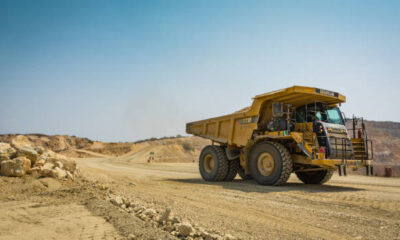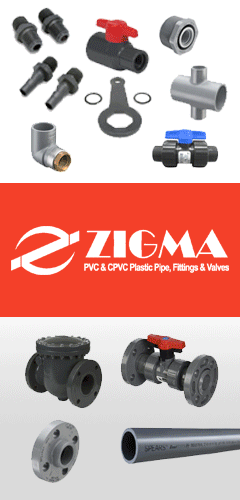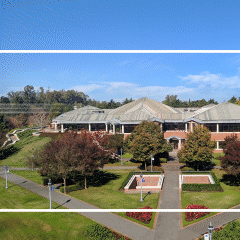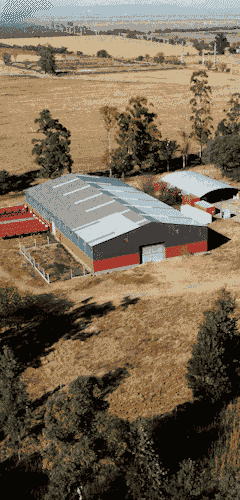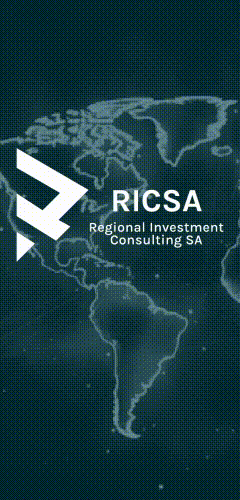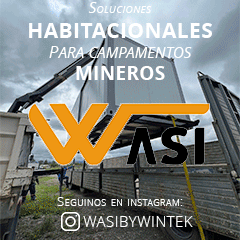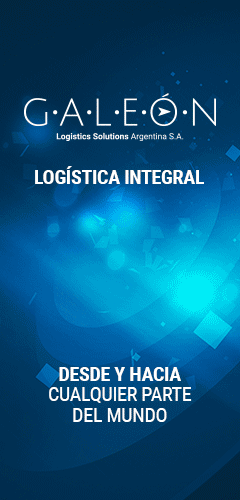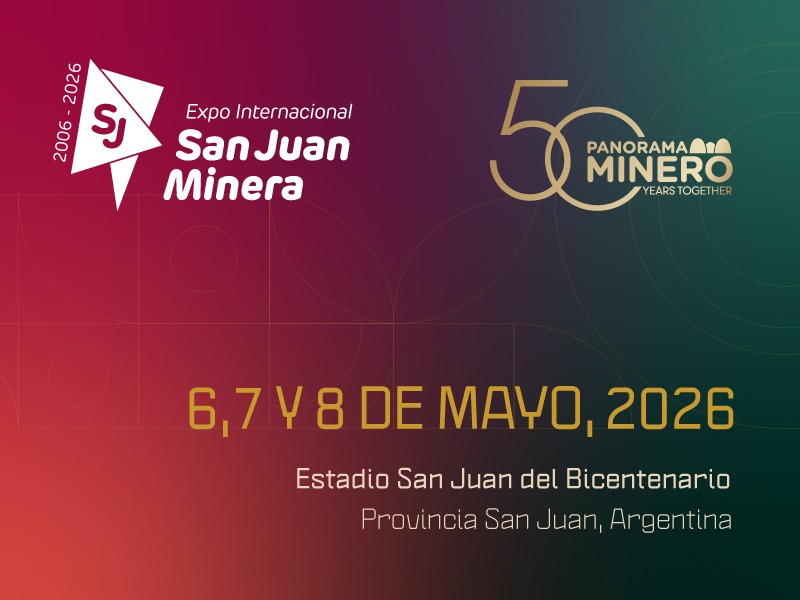LITIO ARGENTINA
LITHIUM, ACCESS TO CRITICAL MINERALS: ARGENTINA IS OPEN FOR BUSINESS
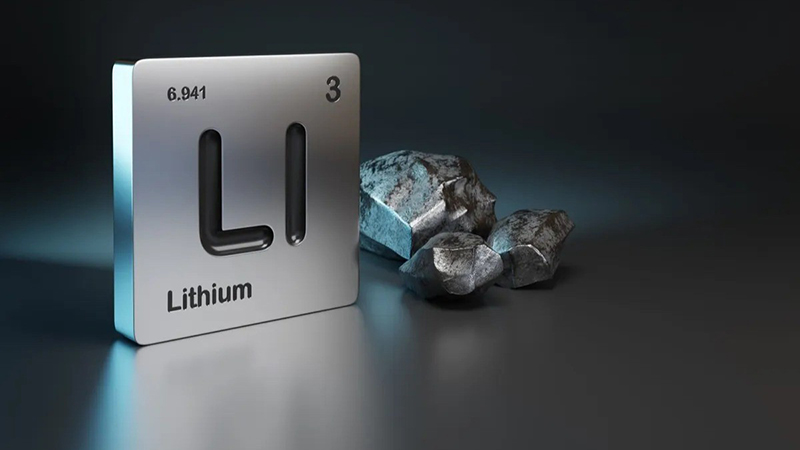
#Lithium #Litio #Argentina #Minerals #Electromovilidad #Mining #Business #FernandoBrun
As the global transition towards a low-carbon economy increasingly resembles a geopolitical battleground, nations are moving to reshape value chains, not only to make them more environmentally sustainable but, more critically, to ensure access to the resources needed to decarbonize their industries.
In response to a highly regulated global market, Argentina is pursuing a business-friendly strategy to position itself as a key supplier of critical minerals. Its new legal framework for large-scale investments, known as RIGI, is designed to harness the country’s abundant natural resources and capacities, facilitating next-generation mining projects that can meet the global demand for critical minerals at competitive prices.
Challenges for Mining in an Uncertain Global Landscape
The global metals and mining industry, which previously thrived on high demand for steel, aluminum, and coal, is now undergoing a transformation. This new era is defined by the challenge of scaling supply to meet evolving demand patterns, while simultaneously improving the industry’s sustainability and maintaining affordability. According to the latest McKinsey Global Minerals Outlook 2024, the scale of these challenges by 2035 is immense:
CAPEX: An estimated $5.4 trillion in global investments will be required to align supply with current demand projections, testing the mining industry’s ability to finance such expansions.
ENERGY: An additional 270 GW of energy will be required, alongside over 1,100 GW for industrial decarbonization.
LABOR: The sector will need to create approximately 340,000 skilled jobs globally.
The briefing further identifies key factors that could accelerate or hinder the deployment of these resources: skilled labor availability, stable energy supplies, water resources, logistics infrastructure, and equipment supply.
The complexity of these challenges is compounded by an uncertain global environment, testing even the most experienced investors in a sector already associated with high risks and volatility. As the risk of supply chain disruptions rises due to pandemics, climate events, conflicts, and geopolitical competition, diversifying suppliers as a hedging strategy becomes imperative.
The current concentration of global mining supply in a limited number of resource-rich countries—where key players like China dominate the global refining of various materials, often capturing over 50% of the market—threatens to become a significant vulnerability in the sustainability transition. However, the reconfiguration of the global mining map is possible thanks to demand expansion in the long term, presenting substantial commercial opportunities for both established players and new entrants.
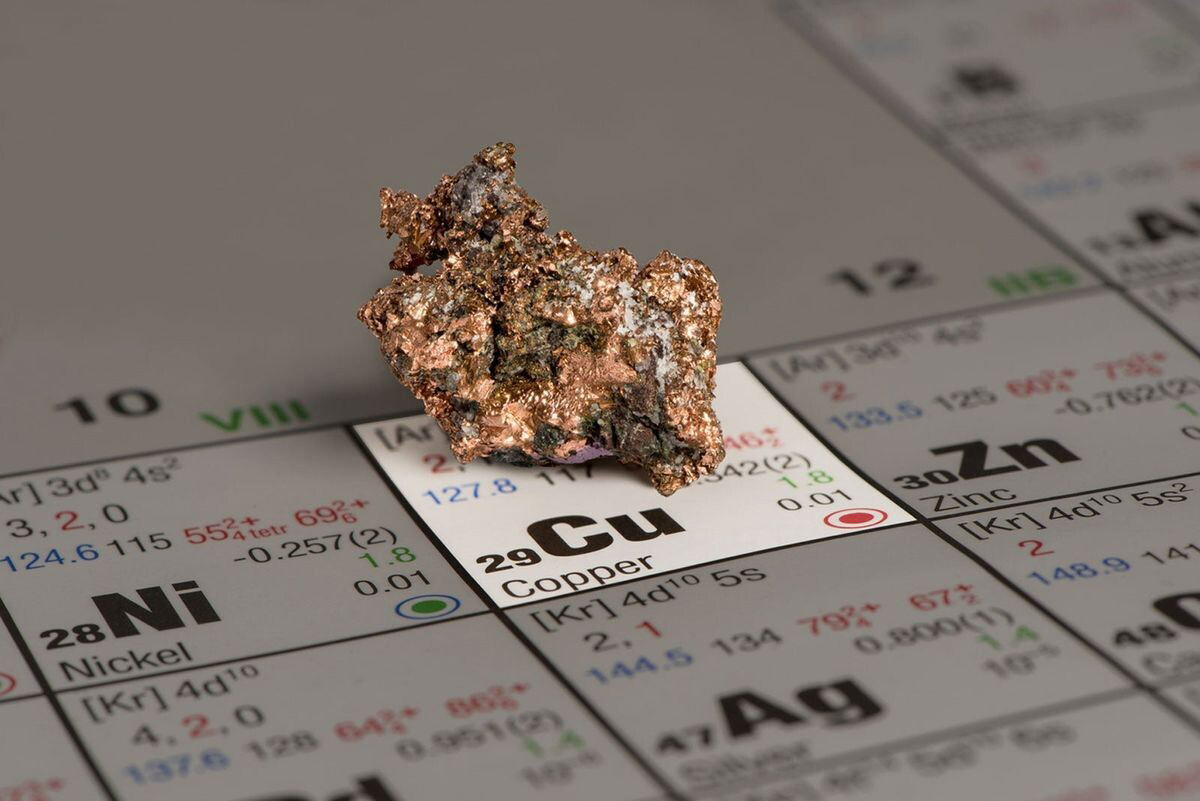
The Time is Now
Since the pandemic, the minerals market has been marked by significant price volatility. In 2024, price levels have come under downward pressure due to economic slowdowns and faster-than-expected asset availability, particularly in battery materials like nickel (linked to projects in Indonesia) and lithium (due to increased production in Australia, the U.S., and China). Conversely, copper supply has lagged behind projections, with key suppliers experiencing sharper-than-expected production declines.
However, boosting supply capacity today is essential for ensuring long-term price competitiveness. Given current trends, shortages in key materials for the energy transition—such as rare earth elements (REEs), lithium, sulfur, uranium, iridium, and copper—are expected. This only underscores the urgency of finding new forms of collaboration and risk mitigation to secure the necessary investments.
In this context, one of the most pressing actions is to establish offtake agreements and long-term supply contracts between suppliers and customers. The latter should consider coordinating efforts given the scale of investments required to diversify supply, particularly in the processing stage. Moreover, enhanced infrastructure support through collaborative regional initiatives, efficient administrative processes by policymakers, and robust exploration programs are crucial for ensuring high-quality projects.
With demand projected to rise through 2050, a competitive supply of minerals is essential for the widespread adoption of sustainable technologies. While trust-building with suppliers is critical to securing access to critical minerals, and sustainable practices must be prioritized, consumer reluctance to pay a premium for green technologies highlights that competitiveness will be the decisive factor in thriving within a price-driven market.
Argentina: A Facilitator and A Strategic Partner
Historically somewhat off the radar when talking about mining, Argentina is increasingly positioning itself as a key supplier of critical minerals. This shift is not only due to its abundant resources—the country holds the world’s third-largest lithium reserves and has copper exploitation potential exceeding 75 million tons—but also to the dual appeal of its competitive costs and the relatively low environmental and social impact due to its particular geographical features and the technologies applied. For instance, lithium projects in northwestern Argentina not only boast some of the world’s lowest CO2 emissions per ton but also production costs that ensure profitability even in the face of current low prices.
On top of favourable conditions, Argentina’s government has adopted a proactive strategy to foster the development of the sector. This strategy is built on international trust-building and a stable, business-friendly regulatory framework.
Argentina’s participation in the Mineral Security Partnership, as well as its specific agreements with the United States and the European Union, reflect this commitment. Additionally, the introduction of a new incentive regime for large-scale investments—known as RIGI—provides guarantees of regulatory stability and offers fiscal, customs, exchange rate, regulatory, and jurisdictional benefits for significant investments across strategic sectors, including mining. In effect for two years starting July 2024, with the option for a one-year extension, the RIGI has already led to international investment announcements in the mining sector exceeding $10 billion USD.
In a context where the reliability, affordability, and sustainability of critical mineral supplies are crucial, Argentina is committed to integrating new value chains and is taking decisive steps to position itself as a facilitator of next-generation mining projects and a strategic partner in the transition towards sustainability.
Unlocking German-Argentinian Synergies in the Mining Sector
As a pioneer in sustainable transition, the German economy faces increasing challenges to remain competitive in a world that is moving away from the free trade system that has greatly contributed to its success in recent decades. In this context, the concentration of critical mineral supply poses a growing risk to German industrial companies.
Recognizing this situation, the German Federal Government is following a diversification strategy in the country’s raw materials supply. This includes instruments such as investment guarantees, guarantees for untied financial loans, and a Critical Minerals Fund, as well as Raw Materials Partnerships. Argentina is among the countries included in these initiatives, which are essential for providing investment security.
However, with no large German companies active in large-scale mining, the major industrial consumers of raw materials—such as the automotive and machinery sectors—would benefit from considering partnerships with established or emerging mining companies through offtake agreements and long-term purchase contracts. These arrangements not only secure supply but also enable new projects, benefiting both companies and mining regions—a win-win-win situation.
Promoting a dynamic ecosystem based on cooperation between governments and the private sector of both Germany and Argentina to develop next-generation business ventures, focused on mutual benefits and positive social impact, is a top priority for our Embassy. Against this framework, the visit of Argentina’s Secretary of Mining to Germany from November 6-8, accompanied by a delegation of leading mining industry entrepreneurs, presents a new opportunity to «unlock synergies» between our countries and promote a reliable, sustainable, and affordable supply of critical minerals.
Fernando Brun
Embajador Argentino en Alemania
In collaboration with Mauro Martinez
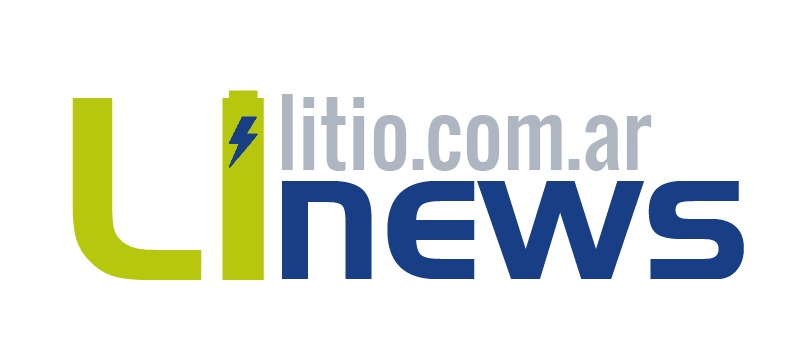
LITIO ARGENTINA
MINERÍA ARGENTINA: LAS EXPORTACIONES MINERAS MARCAN RÉCORD EN ENERO IMPULSADAS POR ORO Y LITIO
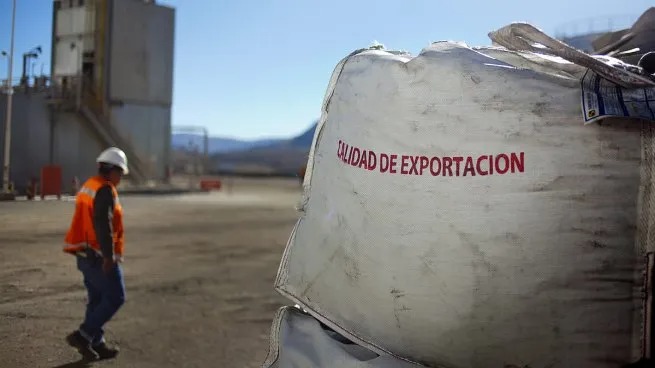
#Litio #Oro #Exportacion #Mineria #Cobre #Electromovilidad
Las ventas externas del sector crecieron 82% interanual y representaron el 12,1% de las exportaciones totales del país, con fuerte liderazgo de los minerales metalíferos. (más…)
LITIO ARGENTINA
De Salta al mundo: Ganfeng Lithium exportó cloruro de litio por primera vez desde su planta de proceso en General Güemes
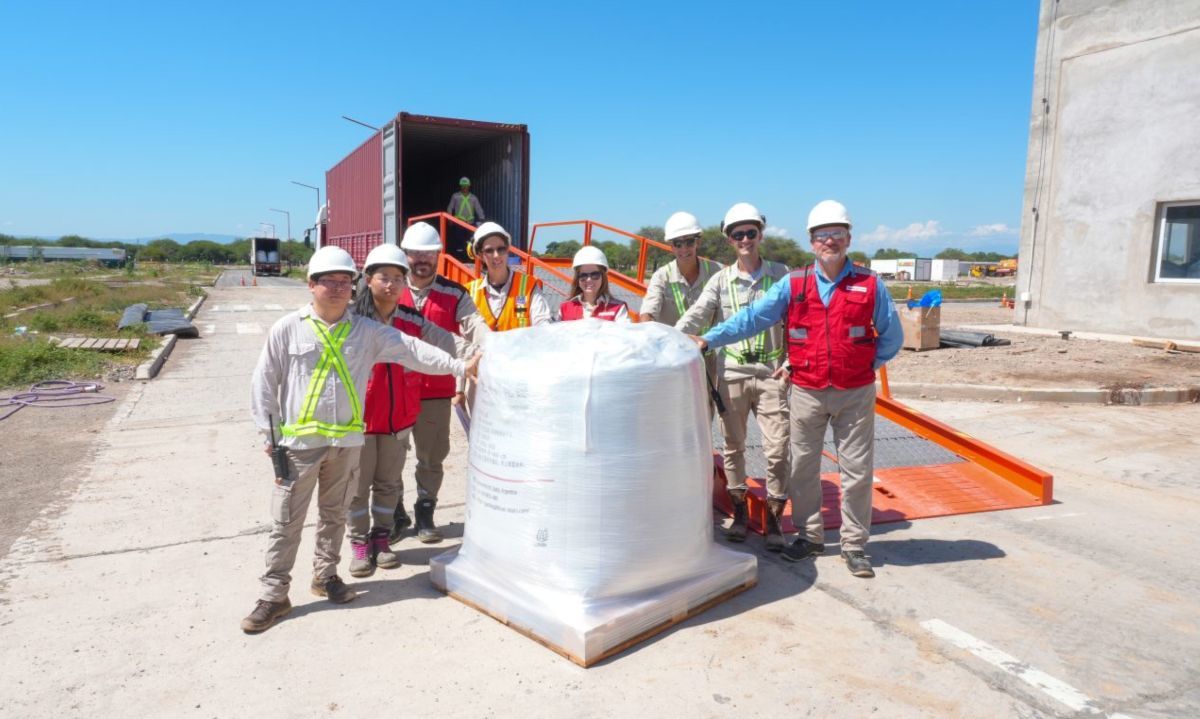
#Litio #GanfengLithium #Lithium #Mineria #Salta #Electromovilidad #Exportacion #ProyectoMariana #CarbonatodeLitio
La minería salteña sumó un eslabón significativo en su historial: el Proyecto Mariana, operado por Litio Minera Argentina S.A., subsidiaria de Ganfeng Lithium, concretó su primera exportación de cloruro de litio. La verificación aduanera se realizó en la propia planta de proceso final, en el parque industrial de General Güemes. (más…)
LITIO ARGENTINA
MINERÍA ARGENTINA: SALTA EN LA MIRA DE ARABIA SAUDITA PARA INVERTIR EN LITIO Y COBRE
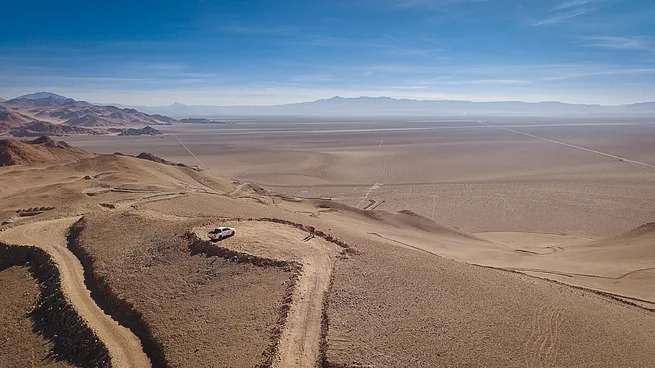
#Mineria #Salta #Litio #Cobre #ArabiaSaudita #Argentina #Electromovilidad
El gobernador Gustavo Sáenz recibió al embajador saudí Hatem Alghamdi en un encuentro donde se analizaron oportunidades de inversión en minerales críticos, en línea con la estrategia de diversificación económica del reino. (más…)
-
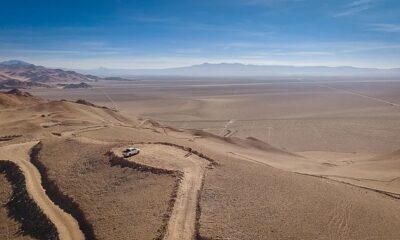
 LITIO ARGENTINA1 semana ago
LITIO ARGENTINA1 semana agoMINERÍA ARGENTINA: SALTA EN LA MIRA DE ARABIA SAUDITA PARA INVERTIR EN LITIO Y COBRE
-
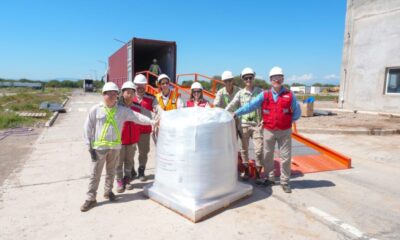
 LITIO ARGENTINA1 semana ago
LITIO ARGENTINA1 semana agoDe Salta al mundo: Ganfeng Lithium exportó cloruro de litio por primera vez desde su planta de proceso en General Güemes
-

 litio internacional2 semanas ago
litio internacional2 semanas agoLogística y minería: ¿Por qué decimos que SouthCross es un freight forwarder experto en la industria minera?
-
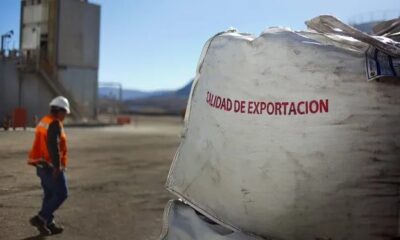
 LITIO ARGENTINA3 días ago
LITIO ARGENTINA3 días agoMINERÍA ARGENTINA: LAS EXPORTACIONES MINERAS MARCAN RÉCORD EN ENERO IMPULSADAS POR ORO Y LITIO





